Modern homestead skills is an age-old tradition, yet with the progression of time and the explosion of technology, the necessary skills have undergone a radical transformation. While preserving the essence of traditional homesteading, there is an abundance of new, cutting-edge skills that are crucial for achieving success as a modern homesteader. In the following text, we’ll delve into the cream of the crop – the top 20 contemporary homestead skills every homesteader worth their salt should have at their disposal.

Modern Homestead Skills
For those new to the homesteading journey, acquiring the top 20 modern homesteading skills is a must! The diverse range of skills, from gardening and animal husbandry to sewing and beekeeping, offer ample opportunities for growth and self-sufficiency. These capabilities form the foundation for independence and sustainability, enabling one to live off the land and control their own resources.
Embracing these skills can catalyze a more fulfilling and sustainable way of life. By mastering the art of self-sufficiency, dependence on external resources decreases, giving control over food, clothing, and shelter. A more profound connection with the natural world is fostered, promoting harmonious living.
In essence, whether you’re a seasoned homesteader or new to the lifestyle, the top 20 modern homestead skills are crucial. These skills empower individuals to take charge of their resources and lead fulfilling lives on the homestead. So, take the first step towards self-sufficiency and start mastering these essential modern homestead skills today!
- Modern Homestead Skills
- Top 20 Modern Homestead Skills
- 1. Sustainable Agriculture
- 2. Aquaponics
- 3. Renewable Energy Systems
- 4. Water Management
- 5. Energy Efficiency
- 6. Permaculture
- 7. Livestock Husbandary
- 8. Self-Sufficient Building
- 9. Handyman Skills
- 10. Food Preservation
- 11. Gardening
- 12. Animal Breeding
- 13. Emergency Preparedness
- 14. Beekeeping
- 15. Herbal Medicine
- 16. Soap Making
- 17. Composting
- 18. Butchering
- 19. Sewing Skills
- 20. Trimming hooves
- Top 20 Modern Homestead Skills
- Wrapping Up – Top 20 Modern Homestead Skills You Need To Know
- More Featured Posts on the Homestead:
Top 20 Modern Homestead Skills
1. Sustainable Agriculture
Sustainable agriculture is the practice of growing crops and raising livestock to preserve the environment and conserve resources. Sustainable agriculture includes crop rotation, composting, and conservation tillage to maintain soil health. Knowing how to grow crops sustainably is an essential modern homesteading skill.
2. Aquaponics
An Innovative Farming Approach Aquaponics represents a self-sufficient and lasting method of agriculture that integrates fish rearing with the cultivation of crops. This technique leverages the byproduct of fish as fertilizer for vegetation, while the plants, in return, purify the water for the aquatic creatures. Acquiring the proficiency to establish and sustain an aquaponic system is a valuable asset for homesteaders of modern times.
3. Renewable Energy Systems
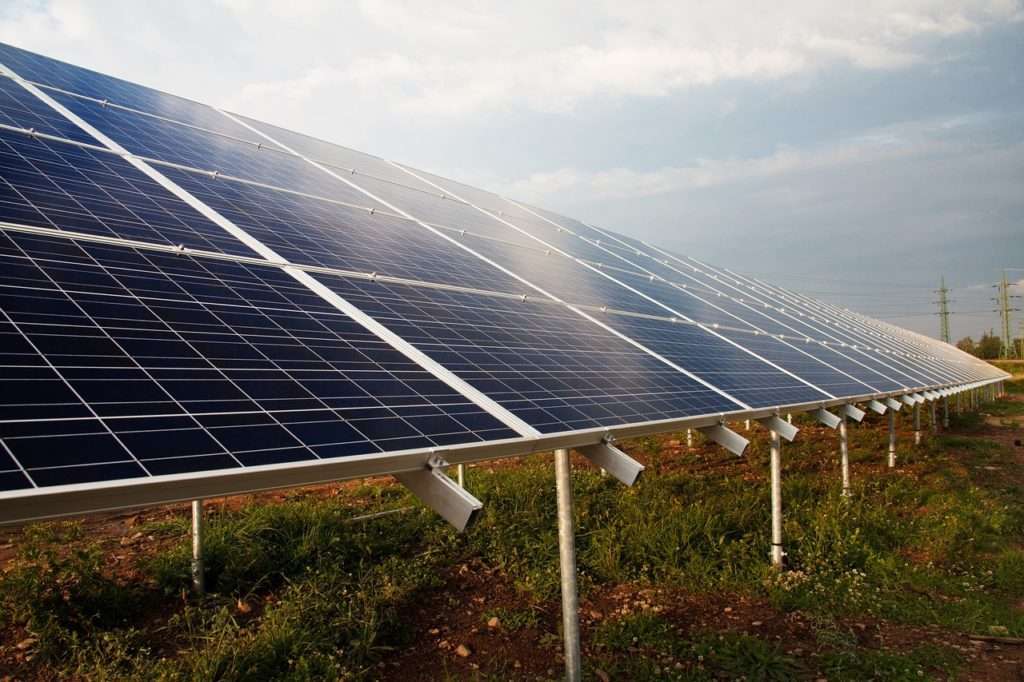
The drive towards self-sufficiency and sustainability has spurred the growth of renewable energy systems among homesteaders, and the knowledge of how to harness their power has become an increasingly coveted modern homesteading skill. From harnessing the winds with wind turbines to tapping into the flow of water through micro-hydro systems to utilizing other forms of renewable energy, a homesteader with this skill can attain independence from the traditional energy grid and reduce its carbon footprint. It’s a complex and multifaceted knowledge that holds excellent rewards for those seeking a more sustainable future for their homestead.
The notion of homesteading disconnected from the electrical grid, is surging in popularity, and securing a trustworthy energy source has never been more critical. Solar power is a pure, replenishable energy source that you can harness to fuel your dwelling and an array of other electronics. Possessing the knowledge to install and maintain a solar energy system is an in-demand modern homesteading skill that will make a world of difference.
4. Water Management
Water is a critical resource for homesteaders, and managing it is essential. Water management includes understanding how to collect and store rainwater, drill a well, and use irrigation systems. Effective water management is a valuable modern homesteading skill that will help conserve resources and reduce environmental impact.
5. Energy Efficiency
Efficiency in energy consumption is an essential aspect of modern homesteading, a way to attain self-sufficiency and reduce dependence on traditional power sources. By maximizing technology and implementing intelligent decisions, it’s possible to conserve energy while retaining productivity. Whether selecting energy-efficient appliances, cutting waste, or being mindful of energy usage in your home, modern homesteaders have ample chances to make their living spaces more energy efficient. This savvy skill not only frugally benefits the homesteader’s finances but also reduces the carbon footprint, transforming the homestead into a harmonious balance between inhabitants and the planet.
6. Permaculture
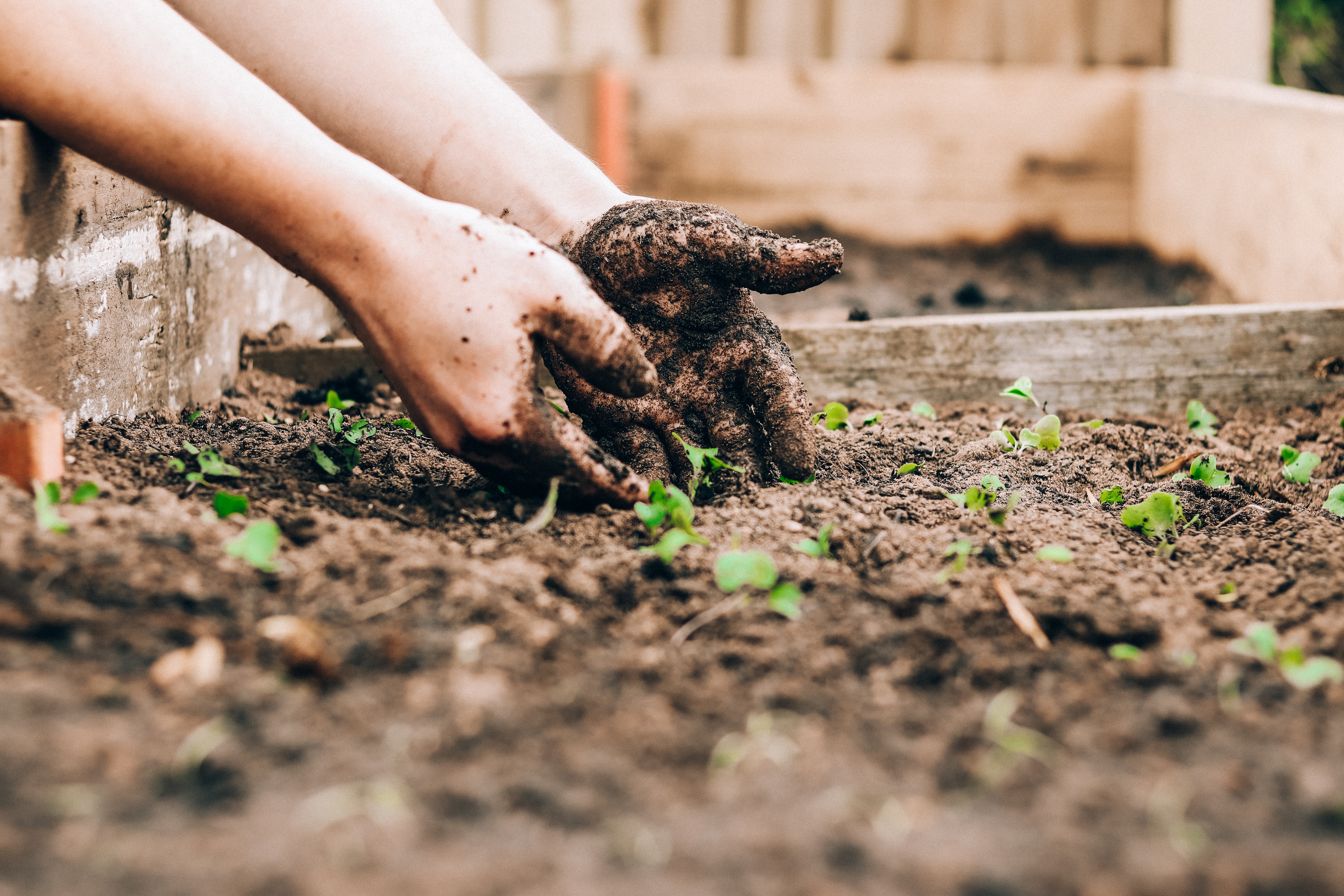
Permaculture is a set of principles and practices that aim to create sustainable and self-sufficient ecosystems. This includes companion planting, using natural fertilizers, and preserving natural habitats. Understanding permaculture principles and practices is a valuable modern homesteading skill.
7. Livestock Husbandary
Livestock rearing is a quintessential aspect of homesteading and demands an assortment of competencies ranging from caring for animals to managing their nourishment and even addressing veterinary concerns. For the modern homesteader, proficient livestock management is critical to successfully raising their sustenance. Achieving mastery in this field involves comprehending the intricacies of animal care and feed management and being prepared to handle any veterinary emergencies that may arise. Thus, this modern skill must be honed with precision and diligence to thrive as a homesteader.
8. Self-Sufficient Building
For the modern homesteader who aspires towards self-reliance, constructing their dwelling from the ground up is a coveted skill. It encompasses the practical aspects of building and design and a deep understanding of energy efficiency, material sustainability, and the structure’s longevity. By mastering the art of building their abode, homesteaders can diminish their ecological footprint and make substantial savings in housing expenses. This is a critical aspect of homesteading that sets apart those who are truly dedicated to the craft.
9. Handyman Skills
Handyman skills are a crucial aspect of modern homesteading, offering homesteaders a means to self-sufficiency and savings. Whether repairing appliances, maintaining the abode, or executing projects with tools and materials, the dexterity to tackle tasks with one’s own hands is a valuable asset. It saves on the cost of outside services and empowers homesteaders to take control of their living space and property, enhancing their self-reliance and reducing dependence on others.
10. Food Preservation
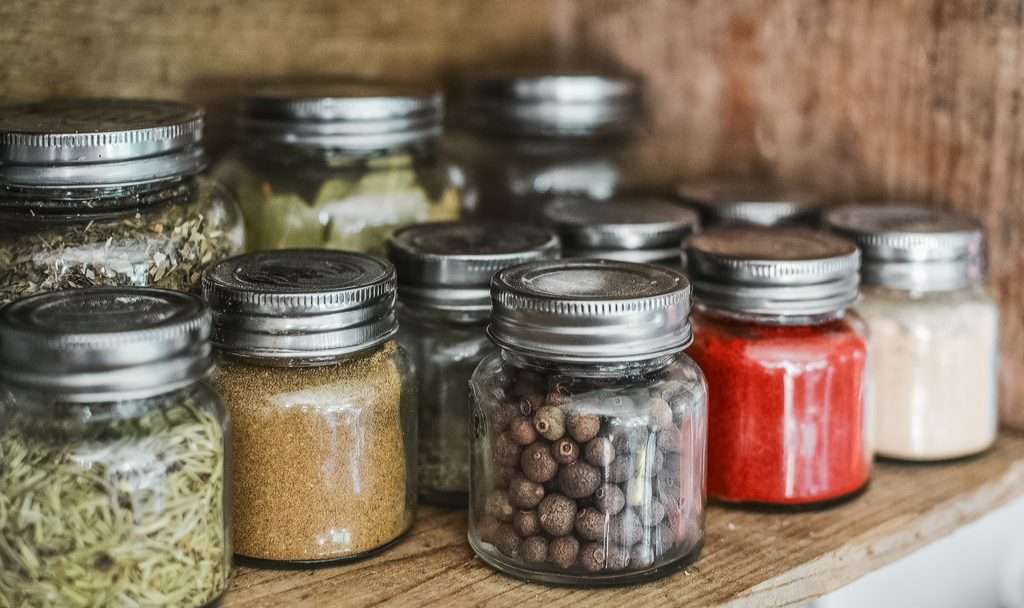
Preserving food is an essential part of homesteading, and it requires a range of skills. This includes understanding how to can, freeze, and dry food to extend its shelf life. Knowing how to preserve food will help you save money and ensure that you always have a source of nutritious food on hand.
11. Gardening
Gardening is a crucial part of homesteading, and it requires a range of skills. This includes understanding how to grow a wide range of crops, manage pests and diseases, and use compost and other natural fertilizers. Knowing how to grow your own food is a valuable modern homesteading skill that will help you reduce your environmental impact and save money on groceries.
Learn more about seed-starting mixes here!
12. Animal Breeding
Animal breeding is an essential part of homesteading, and it requires a range of skills. This includes understanding how to select animals for breeding, how to manage breeding programs, and how to care for young animals. Practical animal breeding is a valuable modern homesteading skill that will help you improve your livestock and increase your yields.
13. Emergency Preparedness
Emergency preparedness is an essential part of homesteading, and it requires a range of skills. This includes understanding how to stockpile food, water, and other supplies, prepare for natural disasters, and respond in an emergency. Knowing how to prepare for emergencies is a valuable modern homesteading skill that will help you keep your family safe and secure.
14. Beekeeping
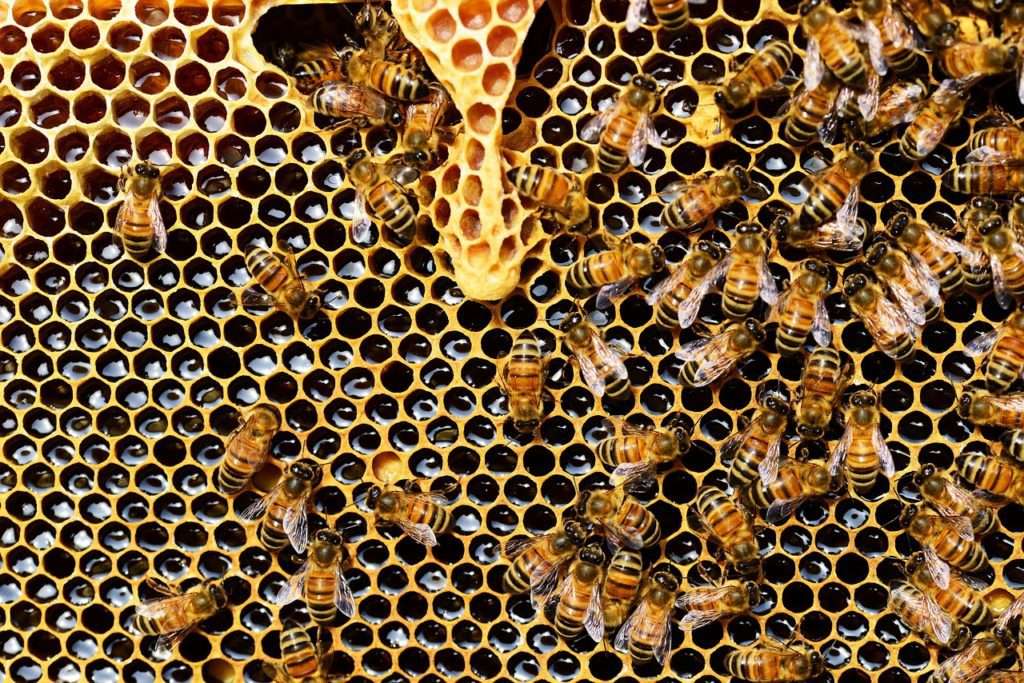
Beekeeping is a growing trend in the homesteading world, necessitating an array of specialized skills to be successful. From comprehending the proper management of hives to the intricacies of harvesting honey to providing appropriate care for bees, beekeeping is a skill that can maximize your yields, enhance crop pollination and yield a sweet reward in the form of honey. To thrive as a modern homesteader, incorporating beekeeping into your repertoire is a valuable asset.
15. Herbal Medicine
Unlocking the full potential of herbal medicine is a vital component of modern homesteading, particularly for those seeking a self-sufficient living. This ancient practice involves harnessing the natural curative properties of plants and herbs to treat a diverse spectrum of health issues, from minor discomforts to more complex disorders. Grasping the intricacies of identifying medicinal plants, formulating herbal remedies, and administering them with safety and efficacy, is a defining aspect of this holistic approach to health and wellness. By embracing the healing properties of nature, modern homesteaders can secure their well-being and embody the essence of self-sufficiency.
16. Soap Making
Soap making is a growing trend among homesteaders, requiring various skills. This includes understanding how to make soap using natural ingredients, add fragrance and color, and package and sell your soap. Knowing how to make soap is a valuable modern homesteading skill that will help you reduce your environmental impact and save money on grooming products.
17. Composting
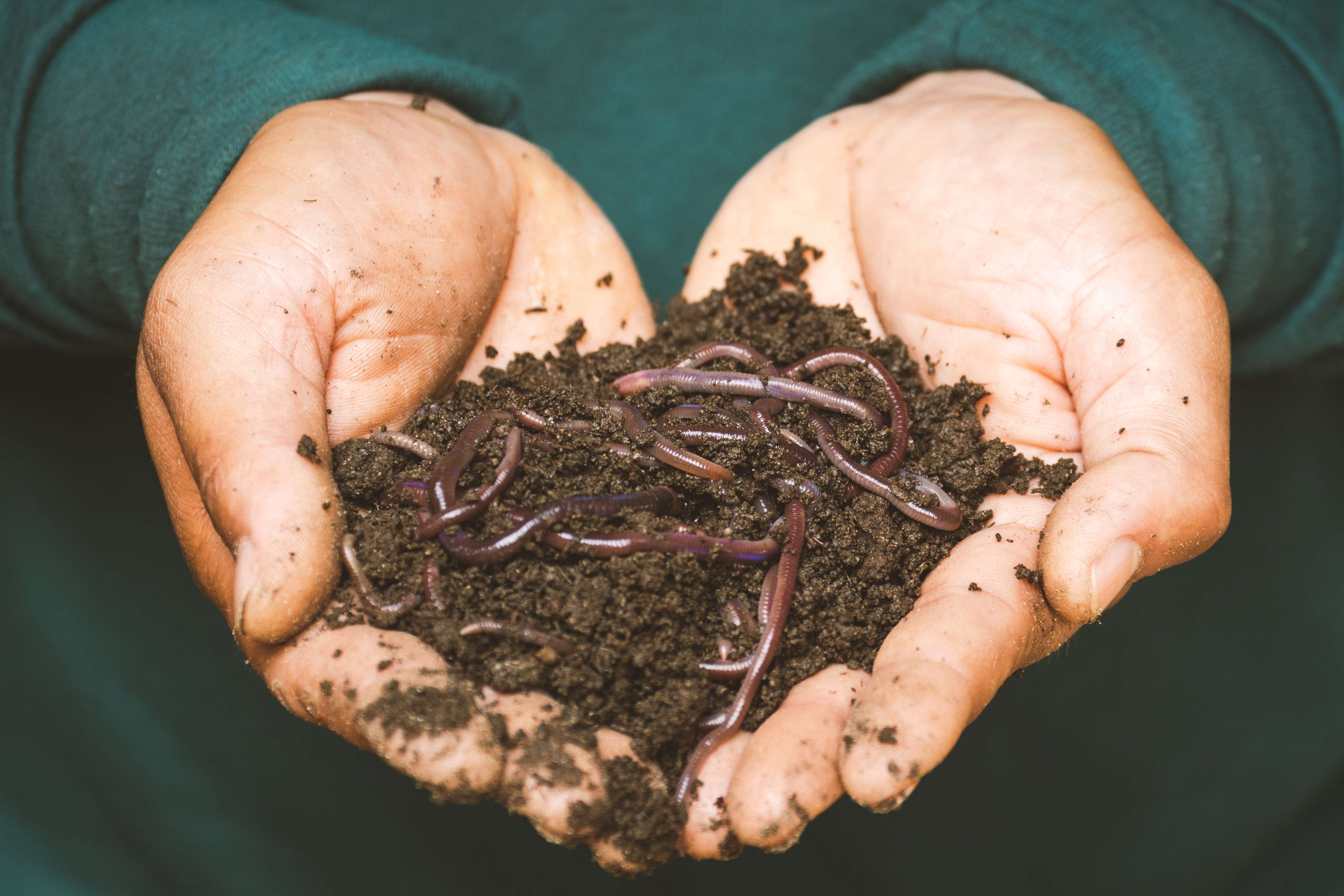
Composting represents a pivotal component of the self-sufficient modern homesteader’s lifestyle, where waste reduction and soil enhancement are paramount. Through the art of decomposing organic materials, such as food waste, yard debris, and manure, into a rich soil amendment, the homesteader can cultivate a thriving garden and reap bountiful harvests.
By practicing composting, the homesteader is empowered to reduce waste production, as well as their reliance on commercial fertilizers and soil additives. It not only helps reduce the environmental impact of their actions but also bolsters their self-sufficiency. The composting process results in soil teeming with vital nutrients, structure, and water-retention capabilities, elevating the earth’s health and the plants grown within it.
Moreover, composting offers financial benefits, as homesteaders can save on their gardening and agricultural expenses through reduced need for commercial soil additives and fertilizers. By cutting down on soil replacements, which can be both costly and time-consuming, homesteader can optimize their resources and secure their food source with greater efficacy.
Composting is a crucial skill for modern homesteaders, as it helps them reduce waste, enhance soil health, and foster a self-sufficient and sustainable lifestyle. By mastering this art, the homesteader can take control of their food source and create a harmonious balance with nature.
18. Butchering
The mastery of livestock butchering is an imperative aspect of modern homesteading. With an intimate understanding of animal anatomy and proper meat processing techniques, homesteaders can guarantee their meat consumption’s freshness, safety, and ethical standards. The ability to process one’s own farm animals grants homesteaders a sense of control over their food source, ensuring both the humane treatment of their livestock and the wholesome nature of their sustenance.
Moreover, the art of butchering one’s own livestock holds financial and waste reduction benefits. By utilizing every aspect of the animal, homesteaders can cut down on grocery expenses and minimize waste. It is vital for those striving for self-sufficiency, as it reduces their reliance on external food sources.
In times of crisis or emergency, the knowledge of livestock butchering can be invaluable. With the potential for limited access to food, the ability to process meat safely and effectively is a necessary survival skill.
Butchering livestock for the homestead is critical to modern homesteading. It provides a sense of control over one’s food source, ensures ethical treatment of animals, reduces waste, and holds financial and survival benefits. The mastery of this skill embodies the spirit of self-sufficiency and moves one towards a more sustainable lifestyle.
19. Sewing Skills

Sewing is paramount to modern homesteaders, as it empowers them with self-sufficiency in clothing and textile requirements. With the capability of repairing and constructing their own attire, bedding, and other textiles, homesteaders can significantly decrease their reliance on external sources and conserve money on household expenditures.
Moreover, sewing is an outlet for creativity and personal expression, enabling homesteaders to craft garments that serve a purpose and exhibit their unique flair and individuality. Furthermore, sewing provides a means to repurpose old clothes and fabrics into valuable items, promoting sustainability and reducing waste.
Additionally, the mastery of sewing can be a crucial survival skill in unexpected events. The ability to mend torn clothing and make warm blankets and bedding equips homesteaders and their families with preparedness for any crisis.
Sewing can also offer financial security for homesteaders, providing a source of income. With the aptitude to produce and sell handmade clothing, bedding, and other textiles, homesteaders can supplement their income and achieve financial stability.
Sewing is a crucial skill for modern homesteaders, enabling self-sufficiency, creativity, and readiness. By harnessing this skill, homesteaders can take control of their textile needs and embody the essence of self-reliance.
20. Trimming hooves
Hooves are crucial for horses and other livestock, as they play a significant role in their daily activities. Modern homesteaders who wish to be self-sufficient and take complete care of their horses and livestock must hone the skill of being an amateur farrier. By doing so, they can offer their animals the best possible hoof care, thereby keeping them in optimal health and form.
An amateur farrier is a person who has the expertise to trim and shoe horses’ hooves and provides them with the essential care they need. With this skill, homesteaders can avoid costly expenses associated with hiring professional farriers, especially when they have multiple animals. The knowledge and experience gained from being an amateur farrier also come in handy in times of crisis or emergency when access to professional care may be limited.
Moreover, being an amateur farrier requires an in-depth understanding of anatomy and metalwork, which can benefit other areas of homesteading. This combination of knowledge and experience can be put to use in a multitude of different skills and applications.
Being an amateur farrier is a crucial skill that modern homesteaders must possess. Providing proper hoof care to their horses and livestock can improve their health, save money, and gain valuable knowledge and experience that can be applied in other areas.
Wrapping Up – Top 20 Modern Homestead Skills You Need To Know
The top 20 modern homestead skills are critical to a self-sufficient and sustainable lifestyle. These skills, ranging from growing your own food to making your own clothing, give homesteaders the power to live off the land and control their own resources. For those new to homesteading, these skills offer a starting point to build upon and refine, leading to a more fulfilling and harmonious life. For seasoned homesteaders, these skills are a reminder of the fundamental knowledge and abilities necessary to maintain a sustainable homestead. So, whether you are just starting out or have been on the homesteading journey for some time, make mastering these essential modern homestead skills a priority and reap the rewards of a self-sufficient lifestyle.
